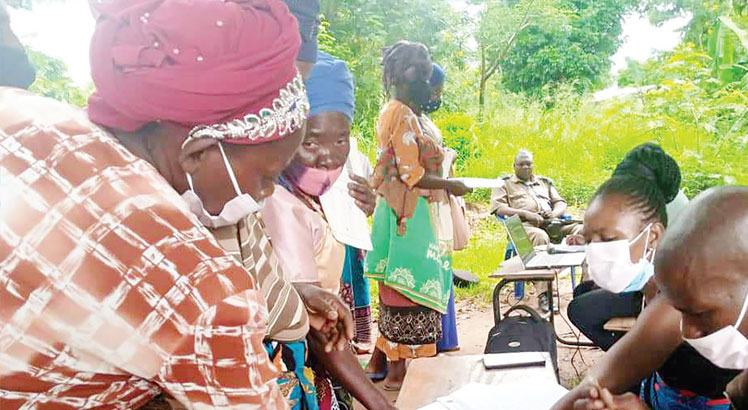Key Business Points
- Financial sustainability is a major concern for Malawi’s Social Cash Transfer Programme, with a dependence on donors at 94.5% and the government’s contribution at only 5.5%, highlighting the need for structural reform and domestic commitment.
- The programme’s effectiveness is limited by design and operational shortcomings, including discrimination and exclusion from other community programmes, which can be addressed through nationally-owned and sustainably-financed solutions.
- Investment opportunities exist for businesses to support the programme’s expansion and improvement, with the government aiming to increase coverage to 15% of the population between 2022 and 2027, and requiring increased funding and proportional contribution from the government, aligning with the Chichewa business principle of "Kusamalidwa kwa mphamvu" (strengthening through partnership).
The United Nations Children’s Education Fund (Unicef) has released a midline evaluation of the Malawi Social Cash Transfer Programme, highlighting challenges that affect its effectiveness and sustainability. The report notes that beneficiaries often find the cash transfers insufficient to meet all their needs, and those who exit the programme struggle to maintain their standard of living. Discrimination and exclusion from other community programmes further complicate the situation, emphasizing the need for inclusive and equitable solutions.
Unicef data show that the programme has reached approximately 381,735 households and over 1.7 million individuals, including over 600,000 children. The average daily consumption per person per day prior to the programme is $0.32, and even a tripling of this value would raise consumption to just under $1 per day per person, which is above the national poverty line but below the international poverty line. The programme has led to a decrease in poverty and ultra-poverty headcount rates, but its financial dependence on donors is a major vulnerability.
The Centre for Social Concern has noted that the programme suffers from design and operational shortcomings that reduce its effectiveness, and that without structural reform and stronger domestic commitment, the gains will remain temporary and fragile. The organization has called for the programme to be transformed into a nationally-owned, sustainably-financed, and well-integrated pillar of the social protection system, aligning with the Chichewa business principle of "Kudzilimanso" (self-sufficiency).
The African Development Bank data show that Malawi’s actual disbursements have fallen short by 61.8% of the target in the 2024/25 financial year, following aid cut and US tariff impositions. The Ministry of Gender, Community Development and Social Welfare hopes to increase the coverage of the programme to 15% between 2022 and 2027, but this will require increased overall funding and an increased proportional contribution from the government. Private sector investment and partnerships can play a crucial role in supporting the programme’s expansion and improvement, creating opportunities for economic growth and job creation in Malawi.
What are your thoughts on this business development? Share your insights and remember to follow us on Facebook and Twitter for the latest Malawi business news and opportunities. Visit us daily for comprehensive coverage of Malawi’s business landscape.
- Malawi and Rwanda Forge Strategic Trade Partnership to Catalyze AfCFTA Opportunities - February 7, 2026
- Malawi’s Agricultural Spending Jeopardizes Sustainable Economic Growth - February 7, 2026
- Malawi’s Bold Rate Drop: Powering Business Growth & Investor Confidence - February 6, 2026

